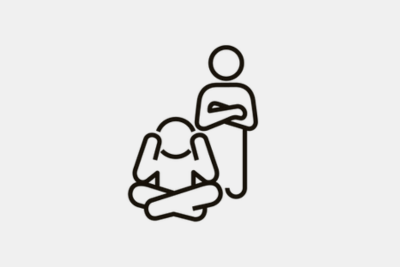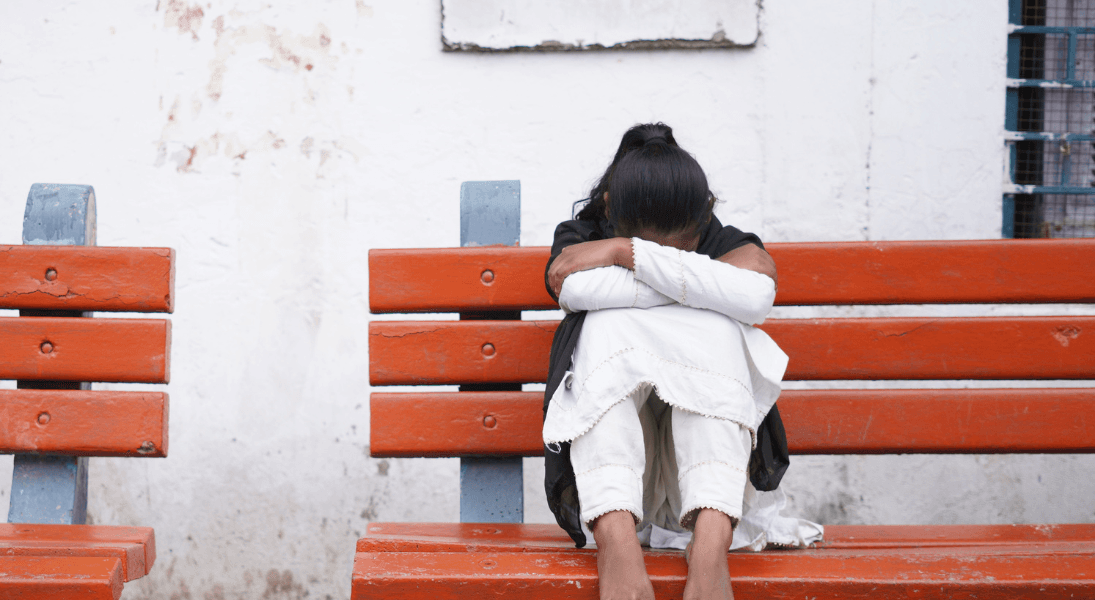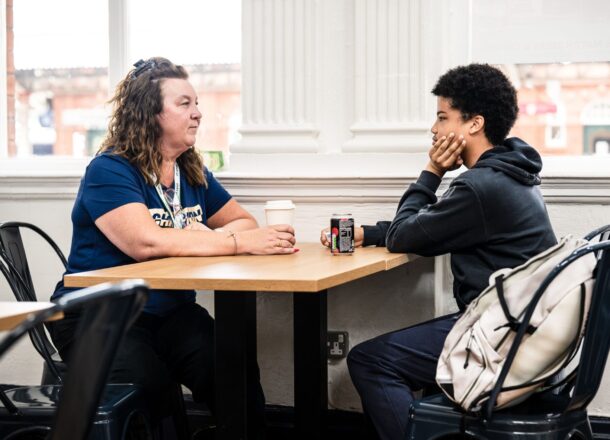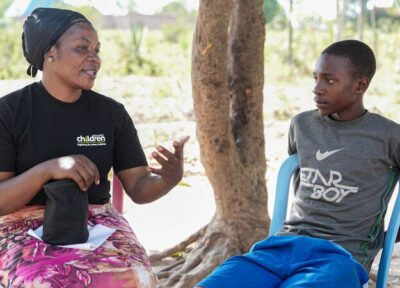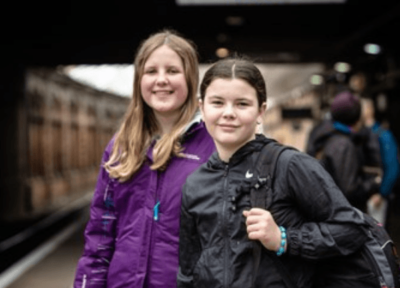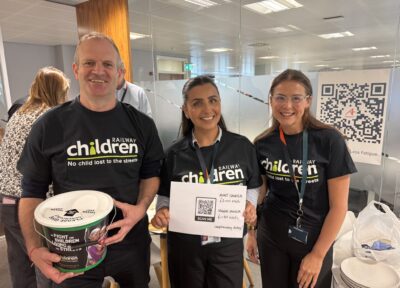Risks for separated children
Struggling to survive in the streets, skipping meals, and a lack of access to healthcare can be detrimental to young people’s health, leading to issues like malnutrition and poor health.
On top of this, it’s common for street-connected children to disengage with school or have no access to formal education at all. Without regular education, young people are likely to miss out on life-changing opportunities and struggle to maintain a stable income.
Alone and unprotected, street-connected children are also highly at risk of being targeted by gangs and perpetrators, who prey on vulnerable young people.
Identifying separated children
We work hard to find separated children at risk in and around stations.
We have several key partnerships and structures in place to identify vulnerable young people, including:
- Child support desks on train platforms and street outreach workers across India
- Social welfare service desks in Tanzania’s bus terminals
- British Transport Police referrals in the UK
Once a young person has been identified, our teams work hard to assess their case, taking into account every aspect of their situation to put together a support plan that addresses their unique needs.
